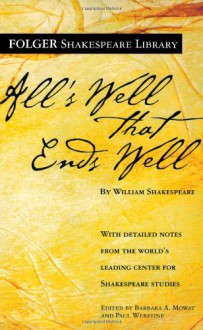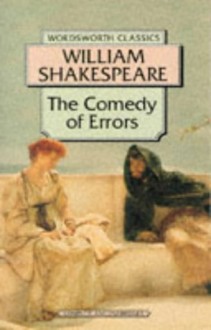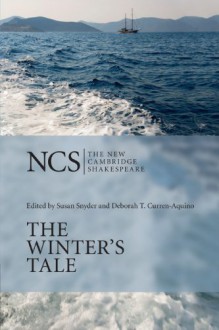
I am slowly moving my way into the most obscure bits of Shakespeare. Is Henry VI a great bit of art. Nope. It's most interesting as a work in Shakespeare's oeuvre. It deals with a complex and contradictory bit of history and covers the period of time that Joan of Arc was active. However, the Joan of Arc story is only one of those stories in this complex and contradictory piece of history. This period of time is more suited to the soap opera than the discrete narrative arc and perhaps that is why Shakespeare wrote three plays on the subject, but it's still not a promising one. Shakespeare as everyone knows did not write plots very often but instead stole them from history and from other artists for the most art. Here he does not have stealing down quite yet.
The story has some good scenes and no bad scenes. The main popular criticisms are that it is misogynistic in its treatment of Joan of Arc. I feel really done with these kind of criticisms of the writings of other times and other cultures, because they strike me as just a way for people to make themselves feel superior and add nothing. The lack of shape of the play is its main problem. The writing of the play is robust but not beautiful, so its good writing but not great writing.
In other words, Henry VI is a play to read for those who have read most of Shakespeare and is interesting in its development of his artistry and for this reason its worth reading. It is in no ways a bad play, but it lasts because of its author and its interest is because of its author.

 Log in with Facebook
Log in with Facebook 









